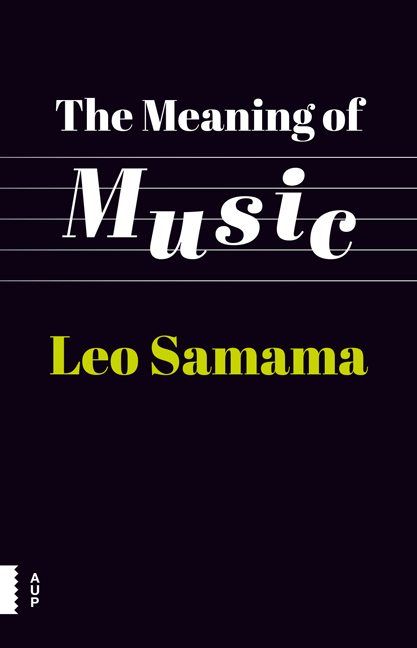Summary
In the world of music we invariably talk about ‘classical music’, by which we mean something other than pop, commercial or folk music. The term classical music is somewhat confusing, however; after all, what do we mean by classical, and in our case classical music? ‘Classical,’ as defined by most dictionaries, such as the most recent Merriam-Webster, is among other definitions: 1. relating to Greek or Roman antiquity; 2. exemplary of its kind, serving as a model to which permanent authority can be ascribed. Sometimes the following definition is added: ‘stemming from earlier times and yet not outdated: classical music.’ And ‘classical music’ leads to a separate indication: ‘that of the great composers of the 17th, 18th and 19th centuries’ or ‘relating to, or being music in the educated European tradition that includes such forms as art song, chamber music, opera, and symphony as distinguished from folk or popular music or jazz.’
The first definition of ‘classical’ is not much use to us. There is of course a certain amount of knowledge about the music of the ancient Greeks and Romans, but this plays virtually no role in our times, not in terms of sound and even less as a point of reference. This has no relevance to the term ‘classical music’ as used by us on a daily basis. We therefore have to try the second definition: exemplary of its kind. But who decides this? For example, which music is exemplary? Which composers are to be included? Generally we think of Mozart or Beethoven as exemplary composers of classical music. Schoenberg and Stravinsky, on the other hand, count as representatives of modern music, and Pierre Boulez and Louis Andriessen of contemporary music. But do they not write ‘classical’ music, too?
It becomes even more confusing when we distinguish a ‘Classical period’, namely that of the Viennese classical composers: Haydn, Mozart and Beethoven. And even more so when in art history the first sixty years of the so-called Classical period, which is roughly situated between 1740 and 1820, is regarded as ‘Classicism’, with the term meaning ‘following the classics’, and the subsequent period (from about 1815) as ‘Romantic’.
- Type
- Chapter
- Information
- Meaning of Music , pp. 125 - 130Publisher: Amsterdam University PressPrint publication year: 2016



